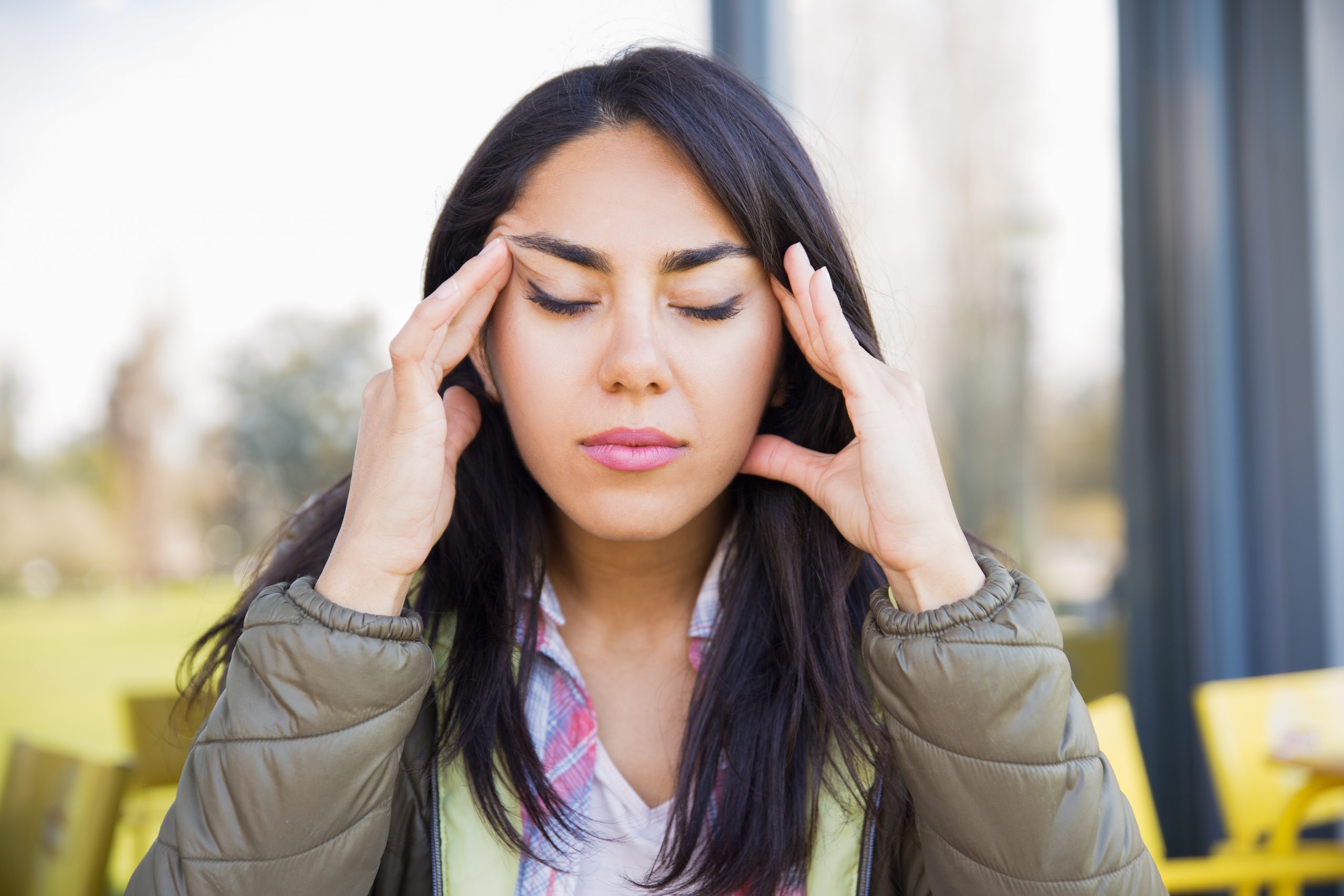
Seasonal migraines are a type of headache disorder characterized by recurrent, intense headaches that occur during specific times of the year. While migraines can happen at any time, some individuals may experience a pattern of migraines triggered by seasonal changes. Understanding the causes and exploring treatment options can help individuals effectively manage and cope with seasonal migraines.
Causes of Seasonal Migraines
- Weather Changes: Weather fluctuations, such as changes in temperature, humidity, and barometric pressure, can trigger migraines in some individuals. For example, transitioning from warm to cold weather or vice versa may lead to headache episodes.
- Allergens: Seasonal allergies to pollen, mould, or other environmental allergens can be a trigger for migraines during specific times of the year, particularly in spring and fall when allergen levels are higher.
- Light Sensitivity: Increased exposure to bright sunlight or sudden shifts in natural light during seasonal changes can lead to migraines, especially for individuals who are sensitive to light (photophobia).
- Dietary Changes: Shifts in eating patterns and consumption of certain seasonal foods or beverages, like aged cheeses, processed meats, alcohol, or caffeine, may trigger migraines in susceptible individuals.
Treatment Options for Seasonal Migraines
- Identify Triggers: Keeping a migraine diary can help identify specific triggers related to seasonal changes. Recording information about weather patterns, allergen exposure, dietary habits, and stress levels can assist in pinpointing potential triggers.
- Lifestyle Modifications: Adopting a healthy lifestyle can play a significant role in managing migraines. Ensure regular sleep patterns, stay hydrated, practice stress-reduction techniques like meditation or yoga, and maintain a balanced diet.
- Medications: Over-the-counter pain relievers like acetaminophen or ibuprofen may help alleviate mild migraines. For more severe cases, prescription medications specifically designed to treat migraines (triptans) or preventive medications prescribed by a healthcare professional may be necessary.
- Allergy Management: If seasonal allergies are identified as a trigger, managing allergens is essential. Minimize exposure to pollen by staying indoors during peak pollen times, using air purifiers, and keeping windows closed. Consult with an allergist for personalized allergy management strategies.
- Light Control: For individuals sensitive to light, wearing sunglasses with polarized or photochromic lenses can help reduce the impact of bright sunlight. Additionally, using window shades or filters indoors to control natural light can be beneficial.
- Hormonal Support: Some individuals may experience seasonal migraines due to hormonal fluctuations. For women, hormone therapy or birth control pills may help regulate hormonal changes and reduce migraine frequency.
- Acupuncture and Biofeedback: Alternative therapies like acupuncture and biofeedback have shown promise in managing migraines for some individuals. These techniques can help promote relaxation and reduce the intensity and frequency of headaches.
Conclusion
Seasonal migraines can significantly impact an individual’s quality of life during specific times of the year. Identifying triggers, making lifestyle modifications, and exploring appropriate treatment options are essential steps in effectively dealing with seasonal migraines. If migraines are frequent, severe, or significantly affect daily activities, it is crucial to seek medical advice to develop a personalized management plan. By understanding the underlying causes and implementing proactive measures, individuals can gain better control over their migraines and enjoy improved well-being throughout the year.
For more such articles, visit https://curelohealth.com/
Ref
https://www.medicalnewstoday.com/articles/seasonal-migraines
Stay updated with your health, and book a lab test with Curelo today.
Download our app here:
Android app – http://bit.ly/3XRsXzt
IOS app – https://apple.c
Get a 75%* Discount on all lab tests from any lab in your city
Use Code: CURELO

